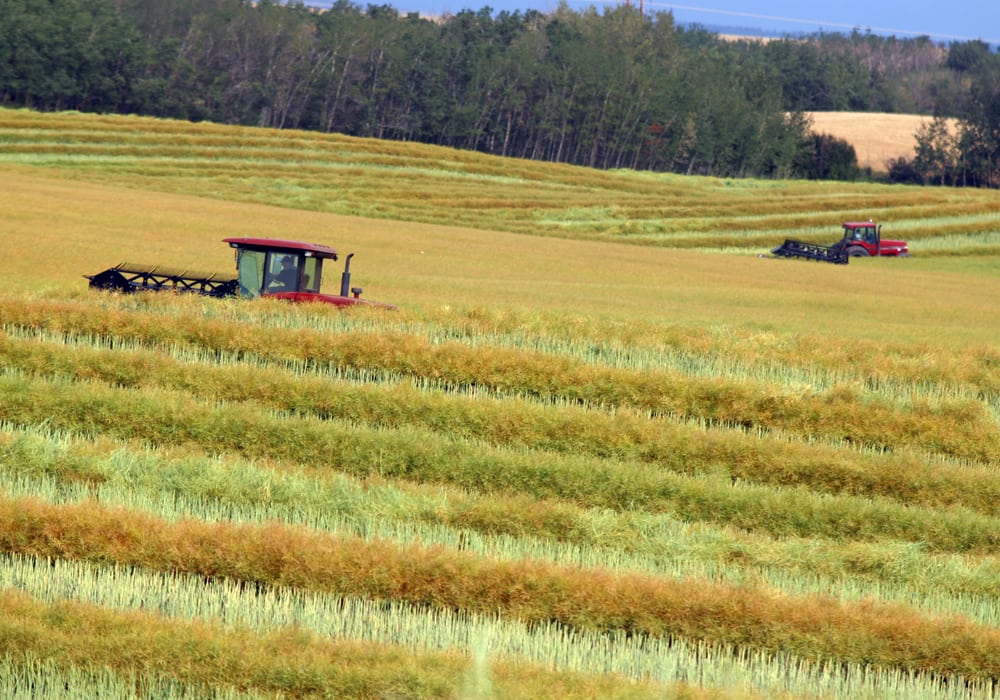A new report released by the Canadian Agri-Food Policy Institute (CAPI) calls for a shift toward proactive, comprehensive risk management to strengthen the long-term resilience of Canadian agriculture.
Striking the Balance: Proactive Strategy versus Reactive Response authored by Farm Management Canada urges government and industry to look beyond traditional Business Risk Management (BRM) programs and look at a modernized, nationally aligned approach that equips farmers to better anticipate and manage risk; not just recover from it.
CAPI Managing Director Tyler McCann said too often when risk management is talked about in agriculture policy it is only about business risk management programs.
“Risk management is much more than that. This paper highlights the proactive and reactive ways that farmers can approach risk management and encourages policies that support more proactive risk management,” he said. “Changing the risk management policy landscape so that it aligns with how farmers approach risk management is essential to effective risk management policy.”
The report provides a practical, farm enterprise-wide framework—spanning People, Finance, Markets, Production, Business Environment, and Business Strategy—to help align policy, support services, and farm practices around prevention and preparedness when it comes to managing farm risk.
It highlights how over-reliance on reactive BRM programs can discourage alternatives and leave gaps at the farm level, while proactive planning and skills development can build confidence, reduce stress, and improve performance and long-term returns.
Heather Watson, Executive Director, Farm Management Canada said it’s no secret that Canada’s farmers are under immense pressure.
“We need to acknowledge these are not just business risks; these are human risks. A farmer who constantly feels one disaster away from collapse is a farmer who’s not able to think and act strategically, which presents a major problem for long-term farm and sector-wide prosperity,” Wilson said. “When farmers are equipped with the right tools, education, and support, they are empowered to navigate uncertainty rather than paralyzed by it.”Key takeaways from the report include:
- Canada’s agricultural policies have fostered producer dependency on BRM programs while discouraging proactive approaches.
- Investing in proactive risk management is essential to long-term sector resilience and growth.
- Decades of declining investment in research, knowledge transfer, infrastructure, and marketing have weakened proactive capacity.
- A modernized national risk management framework and strategy are urgently needed.
- National farm data harmonization is a critical enabler for better policy and farm-level decision-making.
The report concludes with several policy recommendations including the creation of a national risk management-focused policy lens and framework supported by a national risk management task force and research network, boosting farmer capacity through training and advisory support and incentivizing comprehensive risk assessment and planning. Lastly, accelerating national farm data harmonization to unlock benchmarking capacity and improve BRM program delivery.
Findings from the report will be explored during CAPI’s third annual Exchange conference, Canadian Agri-Food in a Risky World, taking place Oct. 1 and 2 in Ottawa.
Source - https://farmnewsnow.com













